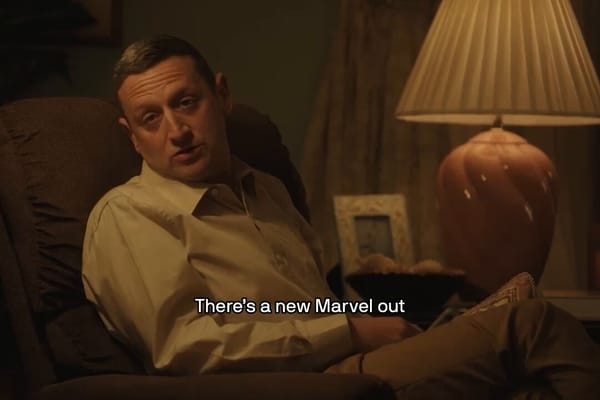Check your jester's privilege
she let me speak truth to power cuz i'm goofy
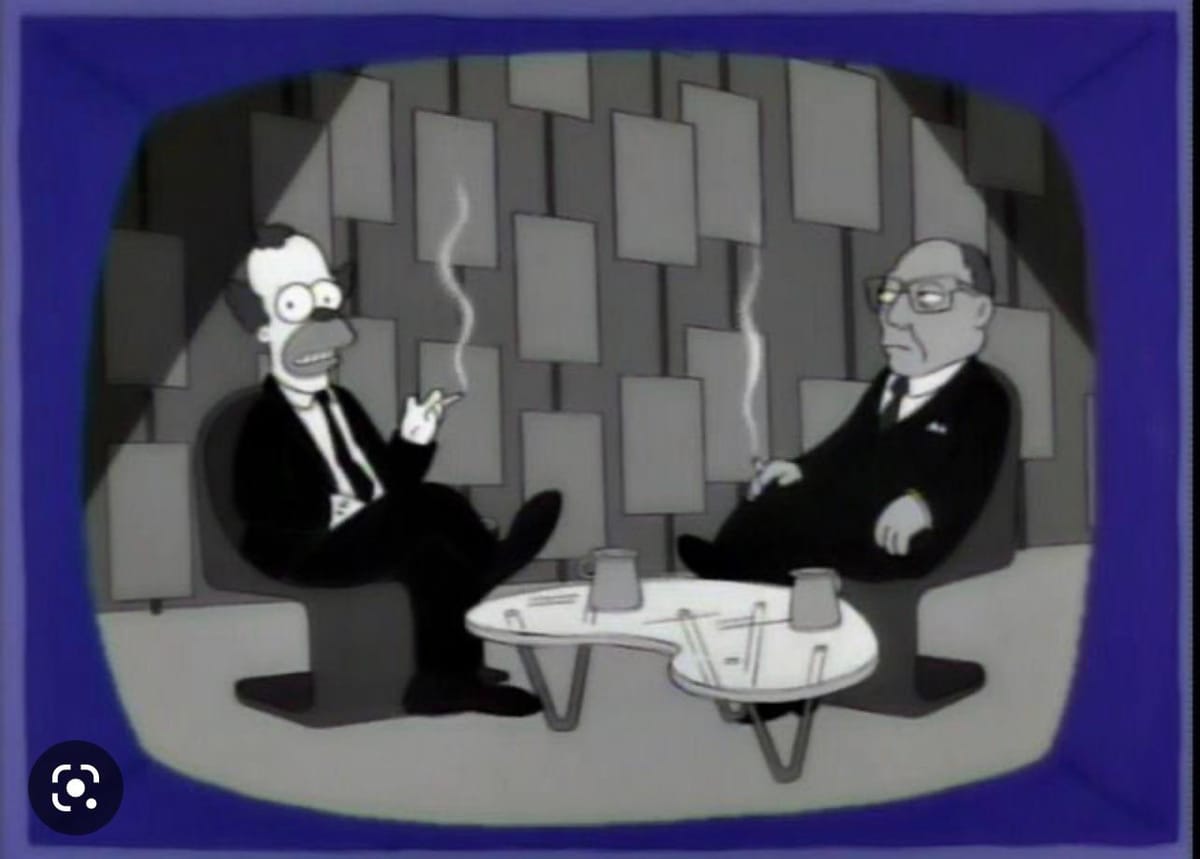
Patch plants his legs apart, he sticks out his tongue. ‘The fool has said in his heart, there is no Pope.’ He turns his head; he grins. ‘Come back in ten years, Master Cromwell, and tell me who’s the fool then.’
‘You’re wasting your jokes on me, Patch. Wearing out your stock-in-trade.’
‘Fools can say anything.’
‘Not where my writ runs.’
‘And where is that? Not even in the backyard where you were christened in a puddle. Come and meet me here, ten years today, if you’re still alive.’
― Hilary Mantel, Wolf Hall
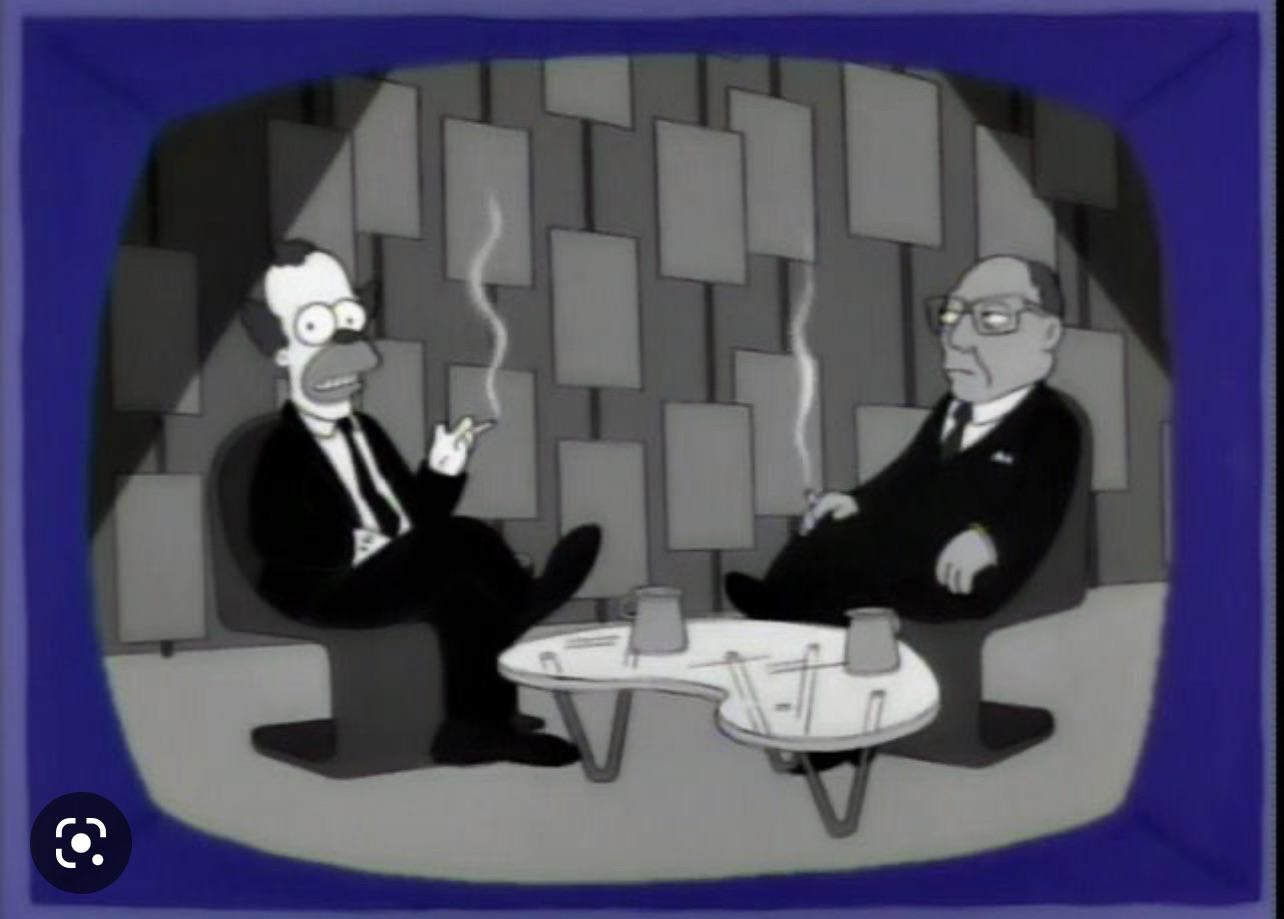
“Fools can say anything”
In the royal courts of the medieval and early modern period, the jester had the legal right to freedom of speech, what Beatrice K. Otto calls the “paradoxical privilege of being able to judge those he served.”1 This played an important purpose in a society where power was concentrated at the top, allowing criticism and constructive feedback to be delivered to a monarch in a ‘safe’ way. Coming from the mouth of a jester, any message would be softened by the unthreatening clownishness of the messenger. Otto cites an example where French Philip VI found out his fleet had been destroyed in the Battle of Sluys when his jester told him that the English “don't even have the guts to jump into the water like our brave French.” Jester’s privilege is essentially a Protected Disclosure policy with a silly hat.
This might be a stretch but I can’t stop thinking about the association between honesty and clownishness in Sidney Lumet’s Serpico (1973). Al Pacino plays an undercover cop who refuses to engage in the graft that is endemic among his colleagues. As he tries in vain to speak up against the corruption around him, it takes its toll on his relationships and mental health. Serpico was a flamboyant dresser from the beginning, but his outfits become increasingly ridiculous as the film goes on, as if the stress of being a whistleblower is turning him into a jester.2
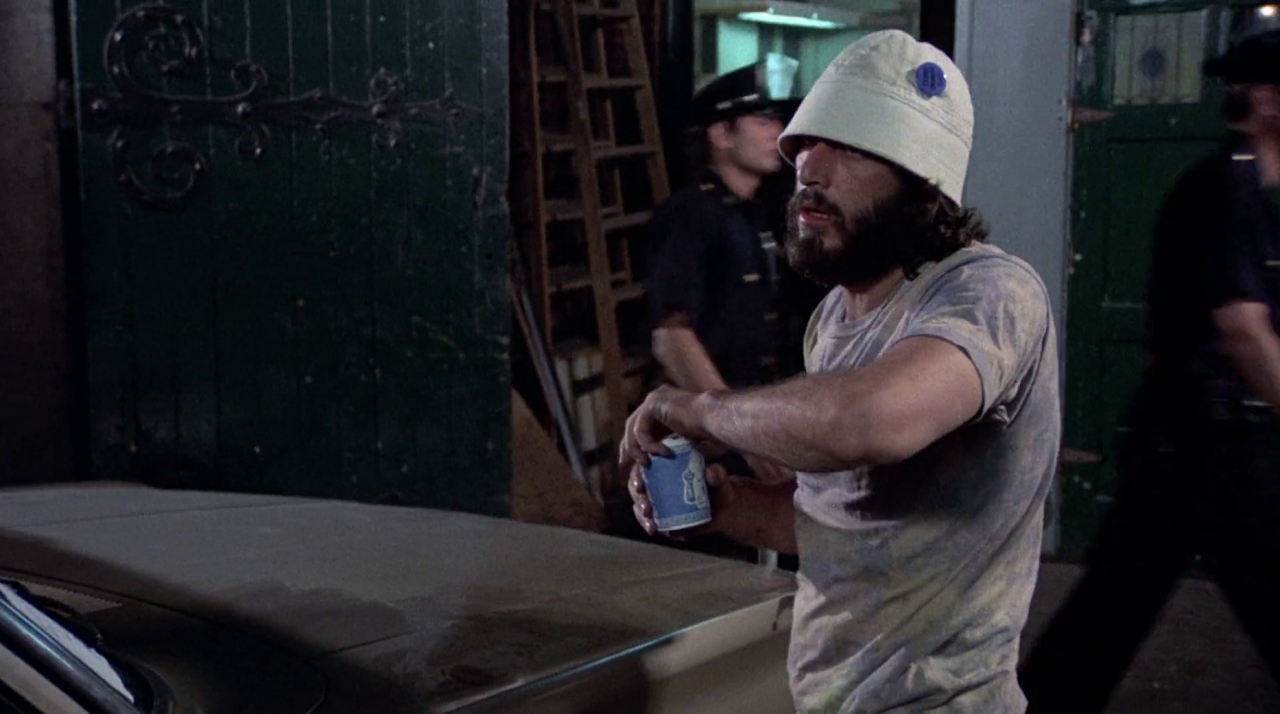
Crucially, the very concept of ‘jester’s privilege’ existed because, much like NYPD bureaucrats, a King’s ‘serious’ advisers were often reluctant tell him what he needs to hear. These yes-people are limited by their own self-interest and motivated to do whatever it takes to retain their access to power. I know anti-feudalism is a controversial position in Wellington at the moment, but I personally don’t think it’s a sign of a healthy society when only clowns have the freedom to criticise the powerful.
But New Zealand is a healthy society right?
A couple of weeks ago, comedian Guy Williams lobbed some pointed questions at David Seymour about his racist Treaty Principles Bill and anti-Māori comments he has made throughout his political career. There was nothing particularly masterful about his approach but to our journalistic class, he had committed a grave sin. Not only had he broken kayfabe,3 but this was a lowly jester acting like he was one of the elite. As Madeleine Chapman said in her piece for The Spinoff “comedians who sometimes do journalism are not the same as full-time, working journalists.”
Chapman was just the most prominent among the bunch of offended journalists circling their wagons in defence of the sacred profession of reprinting ACT media releases. The threat to their honour may as well have been the most pressing issue in Aotearoa in the week after Waitangi Day. There’s a lot of intra-class solidarity to go around in journalistic circles, but it has its limits. For example, coverage of murdered Palestinian journalists has not exactly been forthcoming and none of the workers at Radio NZ I invited to last year’s vigil for Shireen Abu Akleh showed up.
To be clear, I’m not unsympathetic to this defensiveness *in theory*. In a functional society, Williams would not have had to be the one asking Seymour hard questions. The issue is that, *in practice*, our journalists are all-too-frequently little more than stenographers for the powerful, subjects in the King’s court whose self interest prevents them from telling him he’s a cunt.
Consider the way the media breathlessly reports on everything that ACT wants them to report on. Compare this to how they quickly moved on from covering Tim Jago’s abuse before anyone could draw any wider conclusions from it. Now compare that to how much time they spend reporting on minor indiscretions from politicians who happen to be women of colour and/or left-wing.
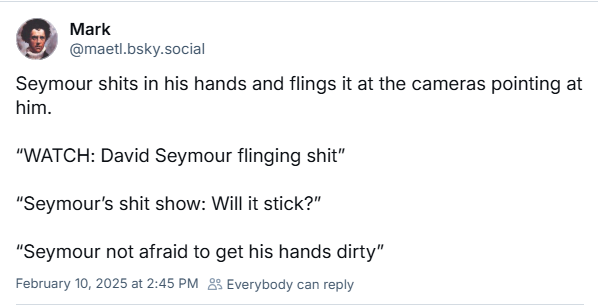
It’s not surprising that Chapman was so affronted by a humble clown muscling in on her turf. For her own hagiography of Jacinda Ardern, she was unable to get direct access to the PM and had to make do with close sources and publicly-available information. The result though, is by all accounts as unthreatening as it would have been with her full cooperation. Ardern is referred to as “one of the world’s most inspiring, progressive leaders” and her lacklustre record isn’t meaningfully interrogated. Maybe if she plays her cards right, she’ll get to write a similar book about Seymour in future. After all he’s never going to turn down a collab with the media.
Please don’t send in the clowns
I cannot reiterate enough how much I would love some good journalism right about now. The idea that society has turned the journalist into a clown and the clown into a journalist is such a twizted one that it would make the damn Joker himself blush. Those who frame the brave comedian as fulfilling a sacred role in society are even more cringe than the (western) journalists who deify themselves in their own minds. Taken to its logical conclusion, this idea becomes like Nanette, a form of comedy where the very idea of making people laugh is anathema to ‘truth-telling’.
I would love it if we could avoid this future and Williams could stick to actual comedy but until our media class starts doing their jobs, you can’t really get mad at him for stepping into a role that has centuries of precedent.
I am neither a comedian, nor a journalist but if I get enough paid subscribers I’ll be able to buy some new bells for my hat.
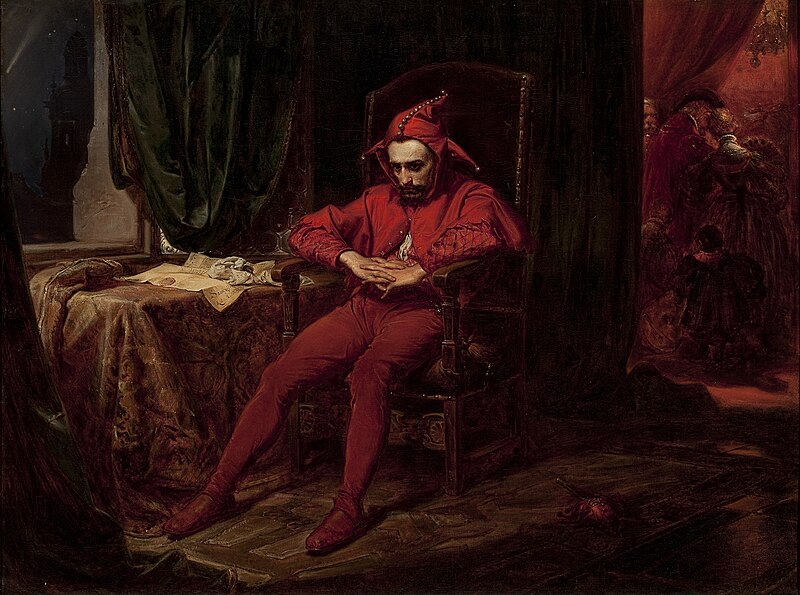
https://press.uchicago.edu/ucp/books/book/chicago/F/bo3615397.html ↩
Whomst among us hasn’t donned a jingling hat and pointed shoes as a coping mechanism in a hostile workplace. ↩
‘Kayfabe’ is a term originating from professional wrestling that refers to the way everyone suspends their disbelief to play along with the staged events as if they were real. In the same way, New Zealand’s press gallery relies on the performance of journalism without anyone actually getting hurt. ↩
